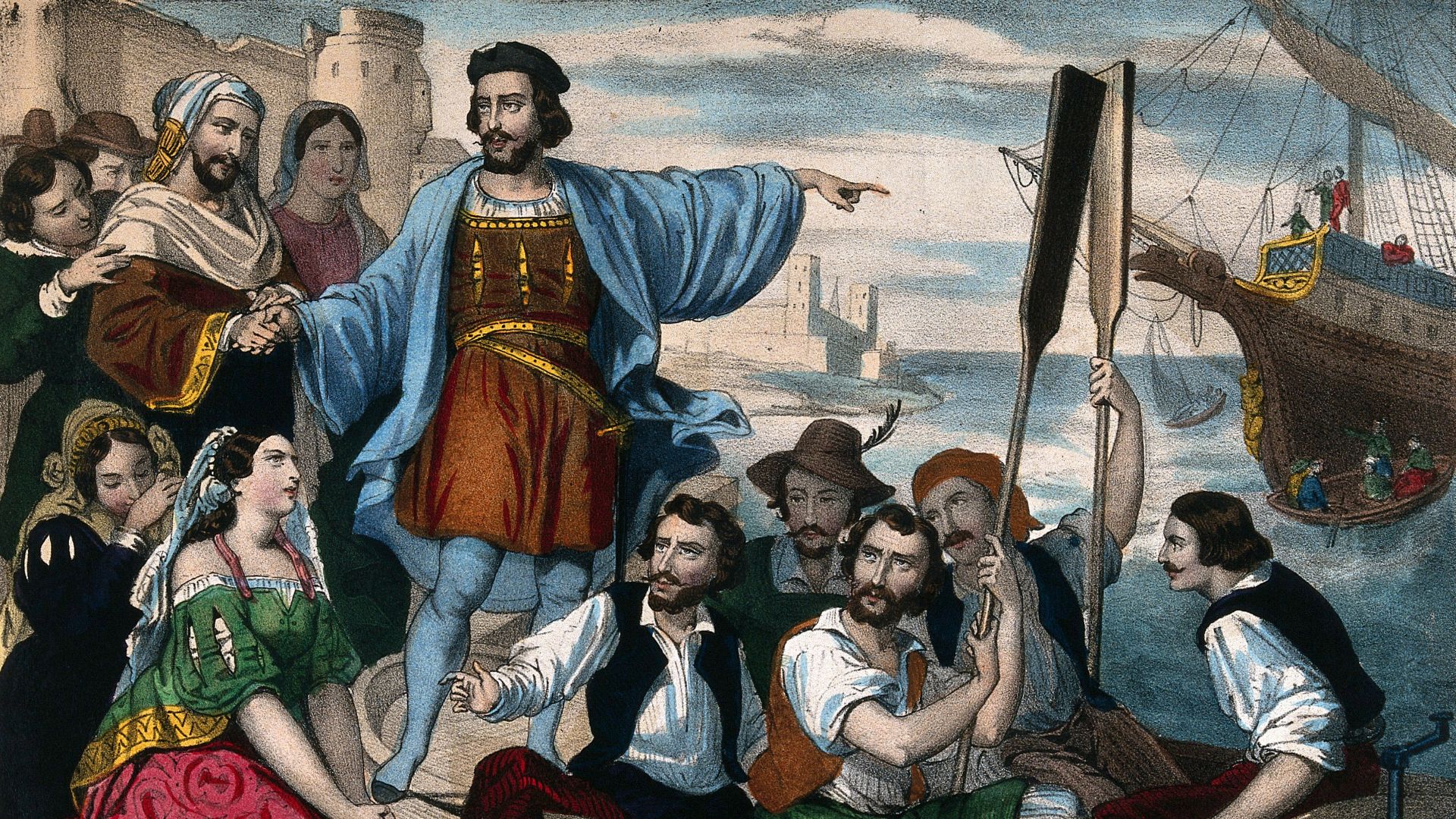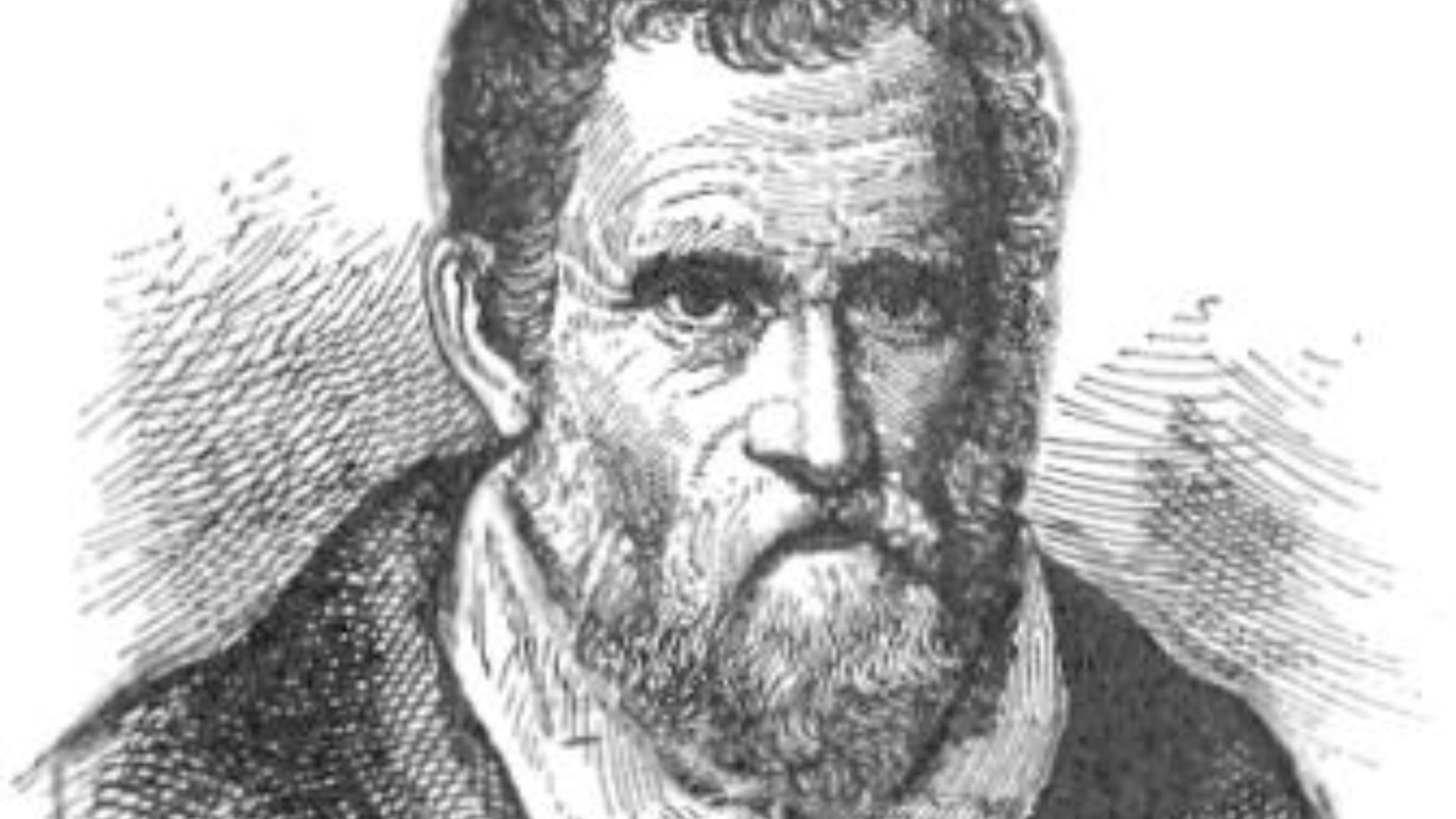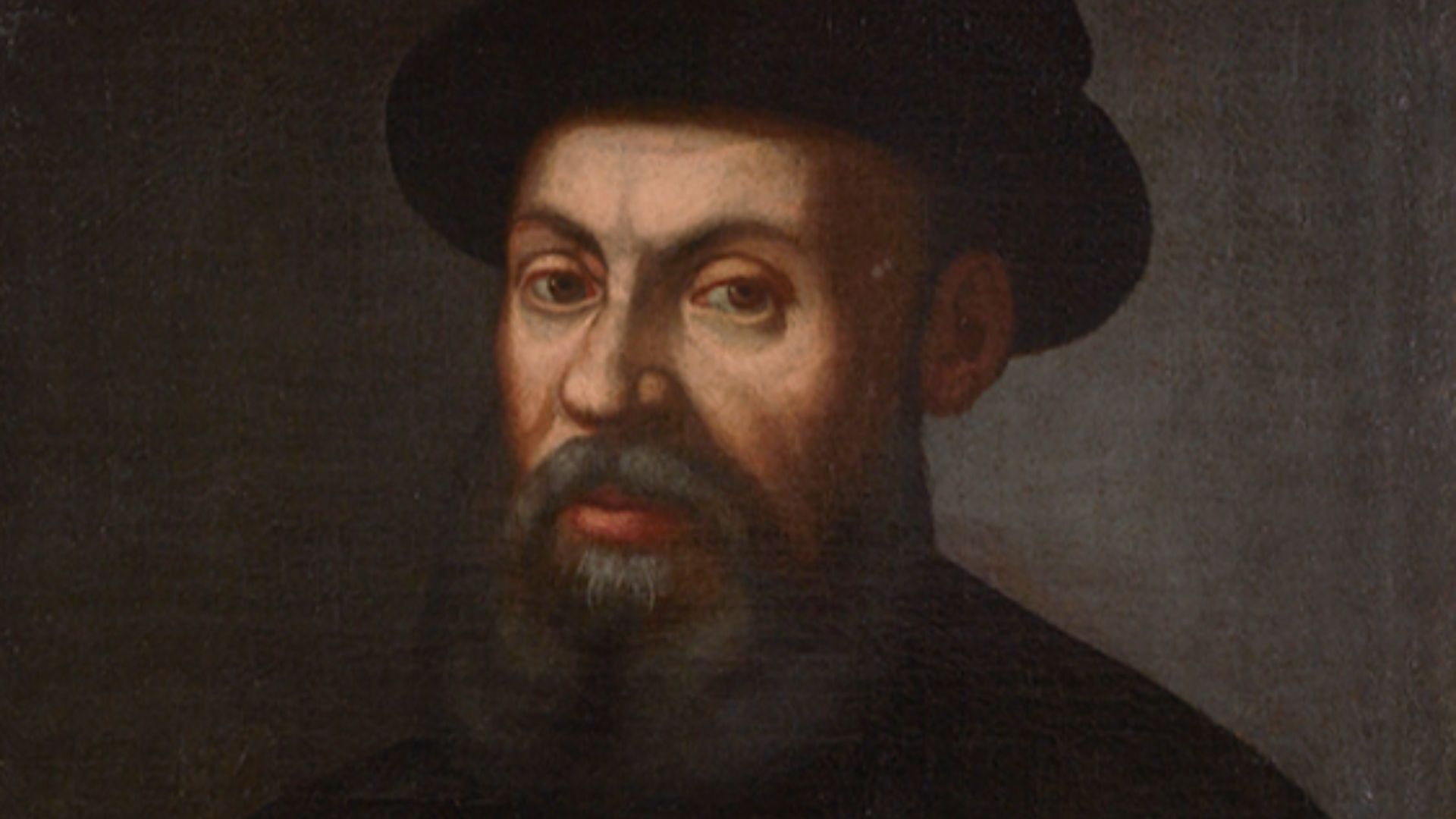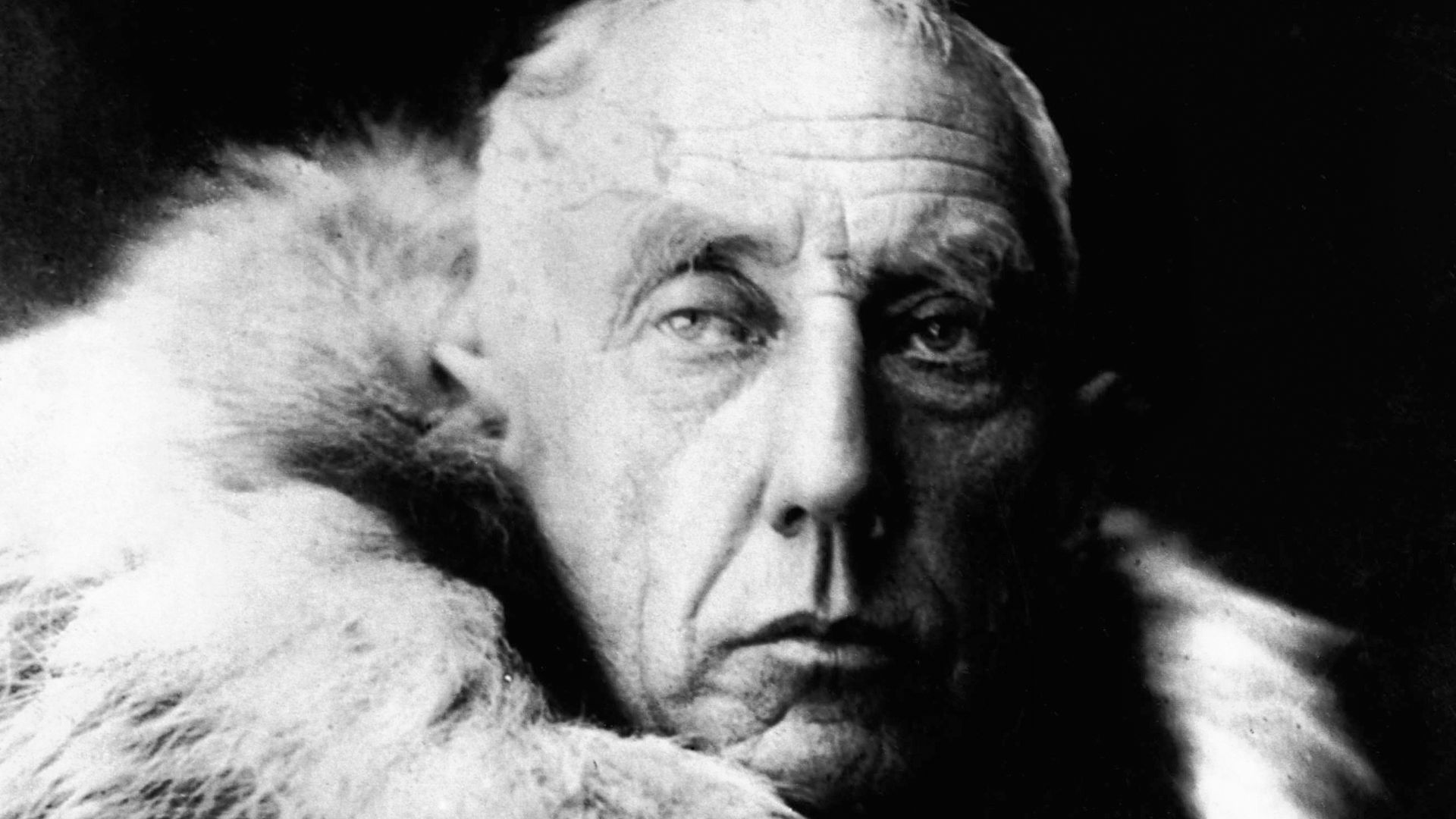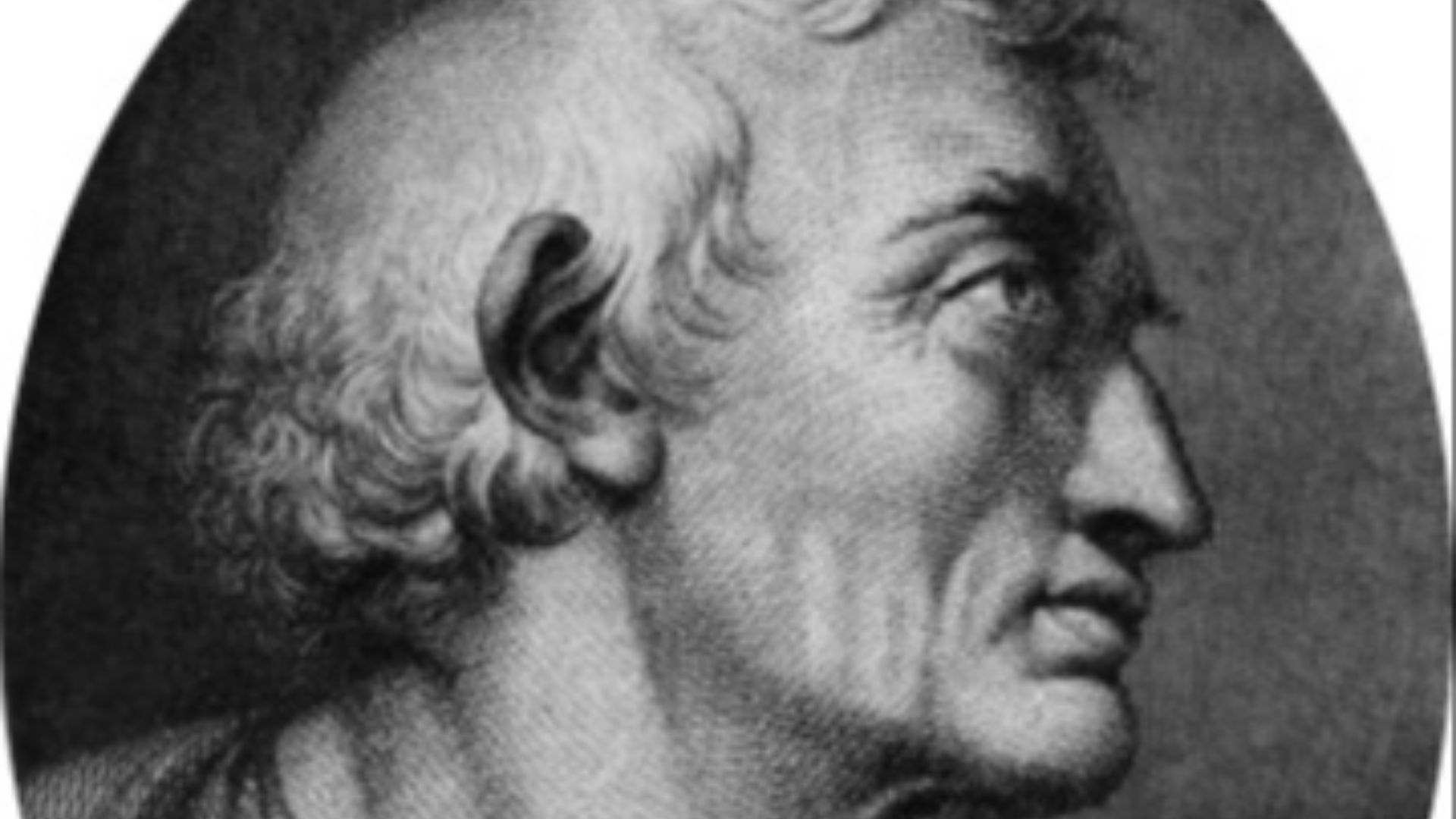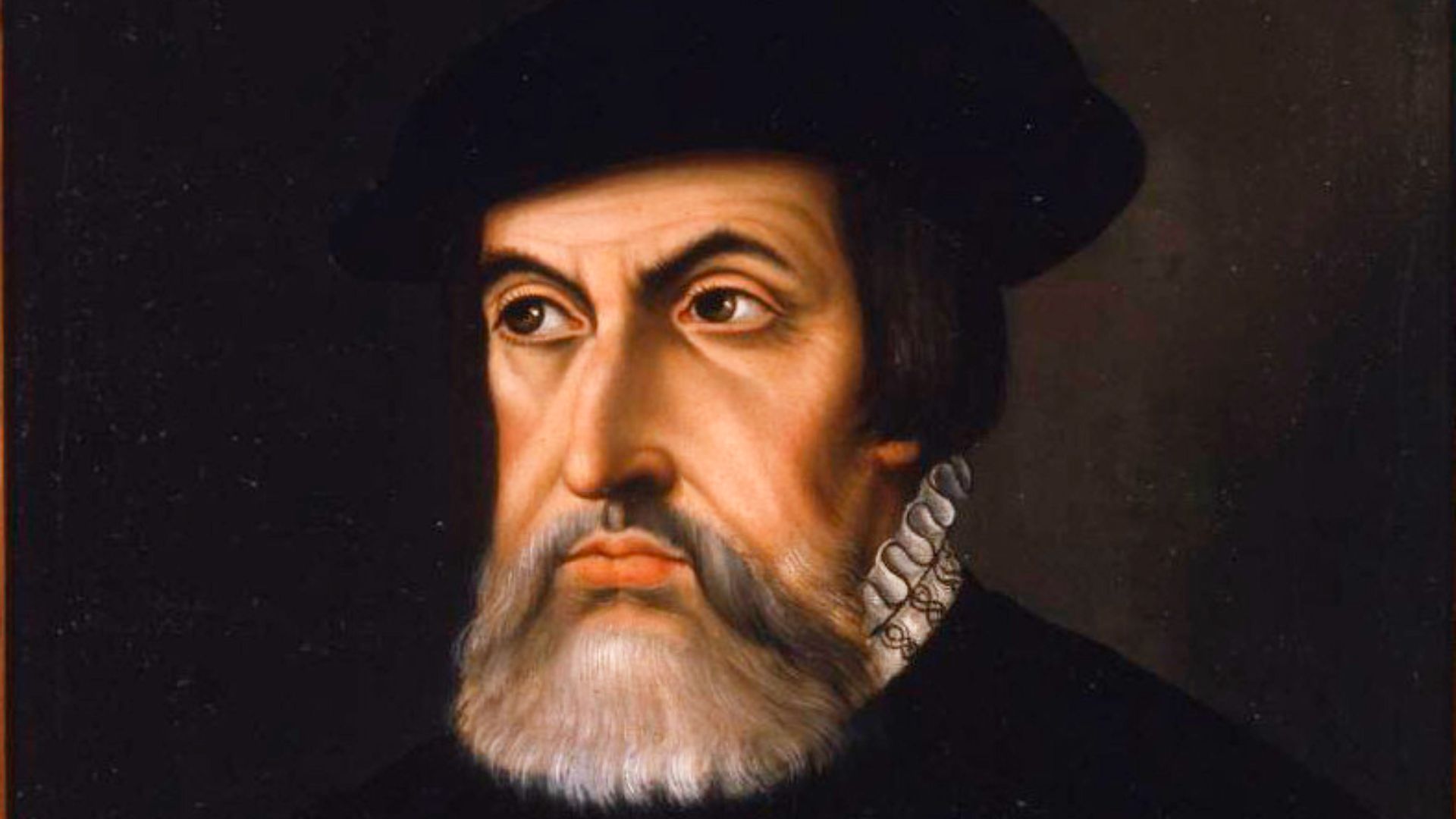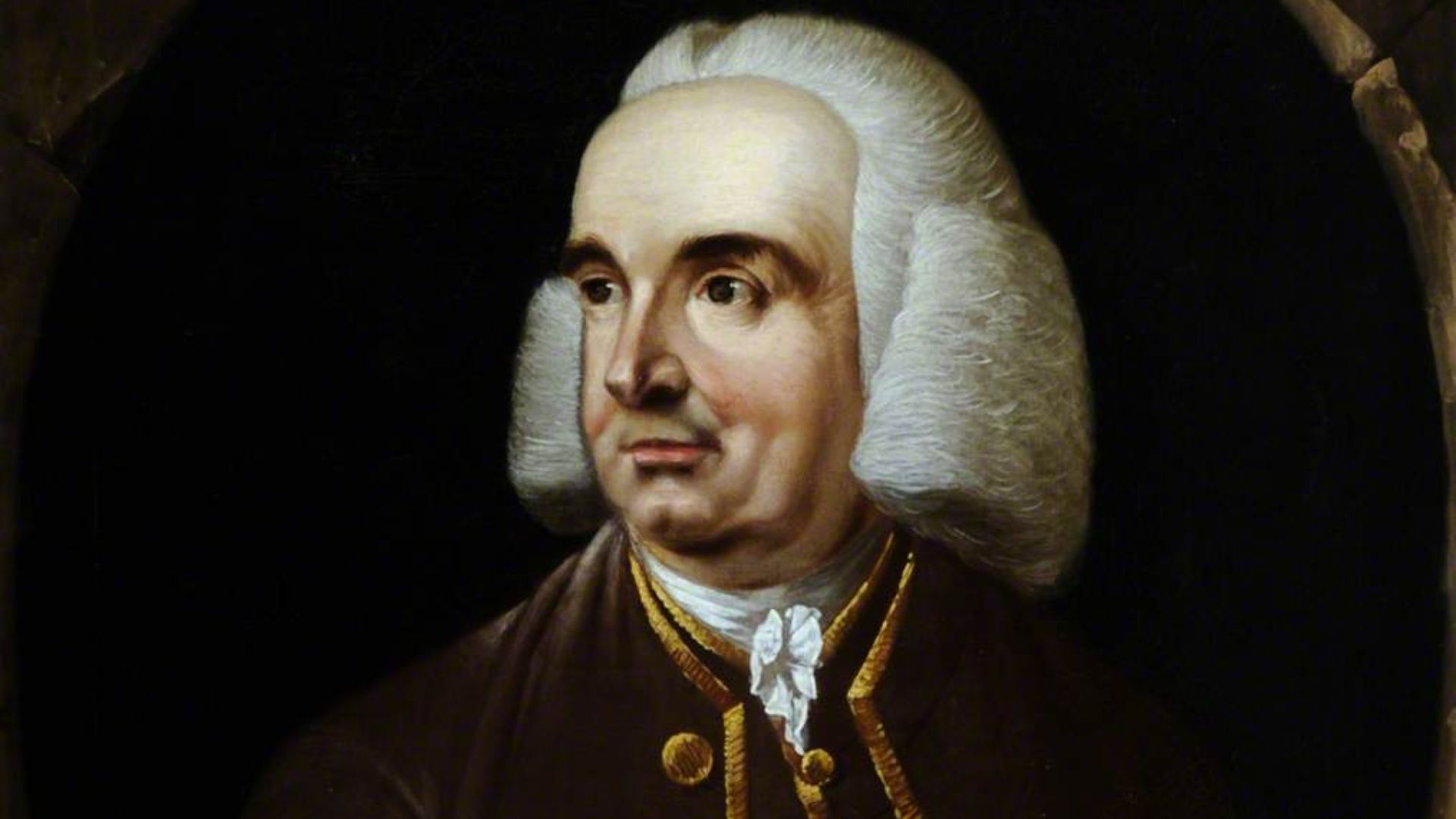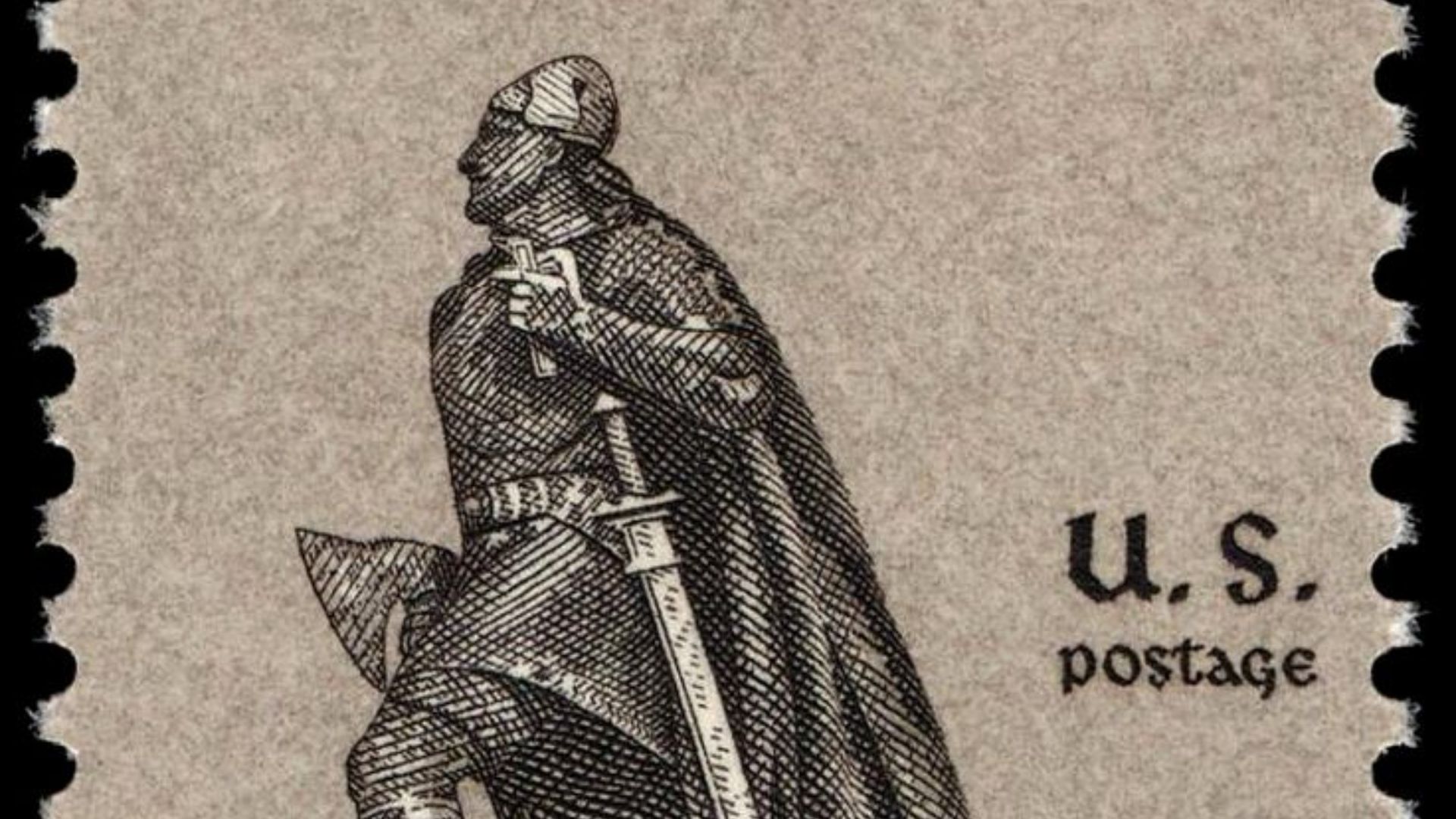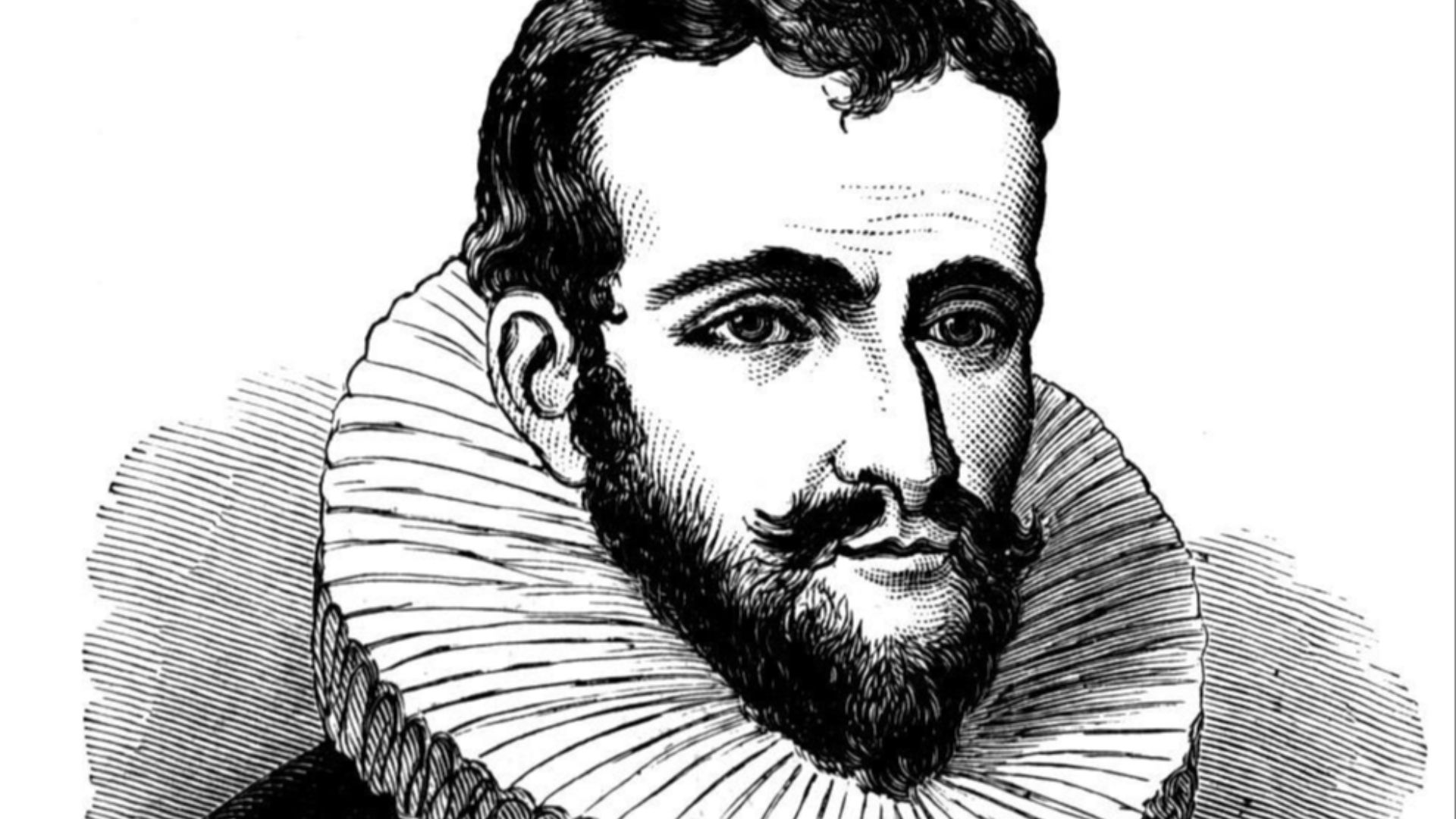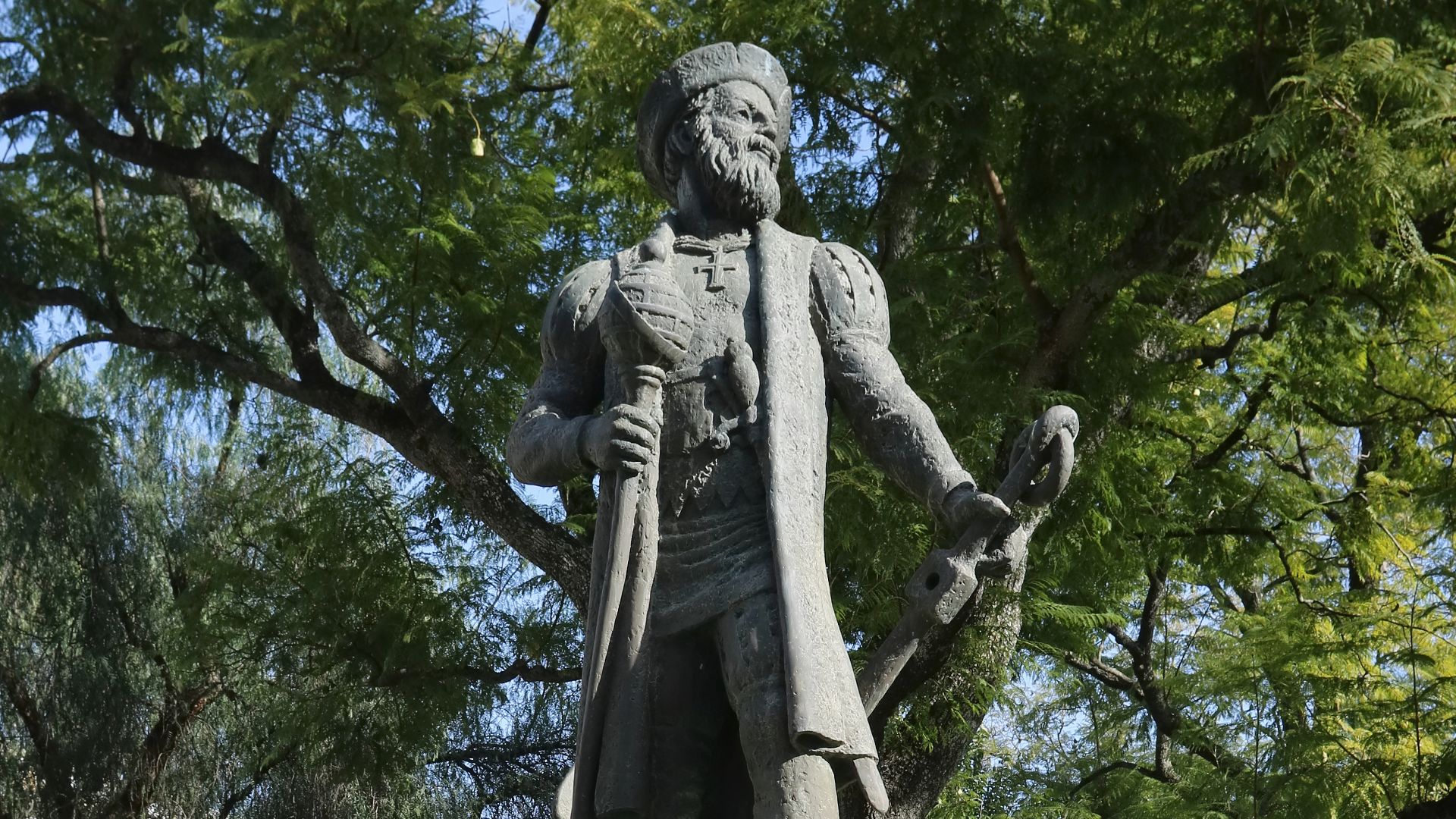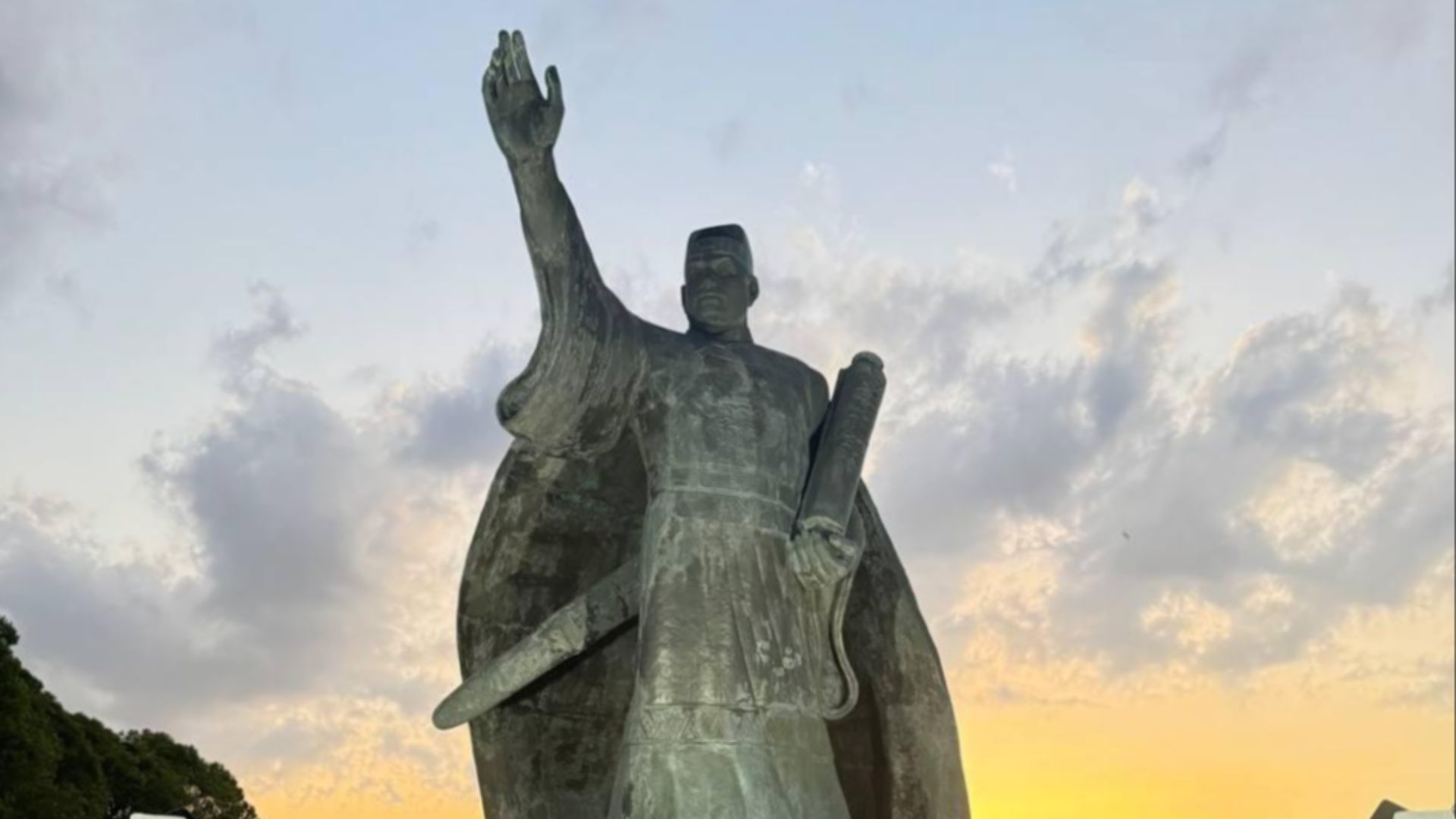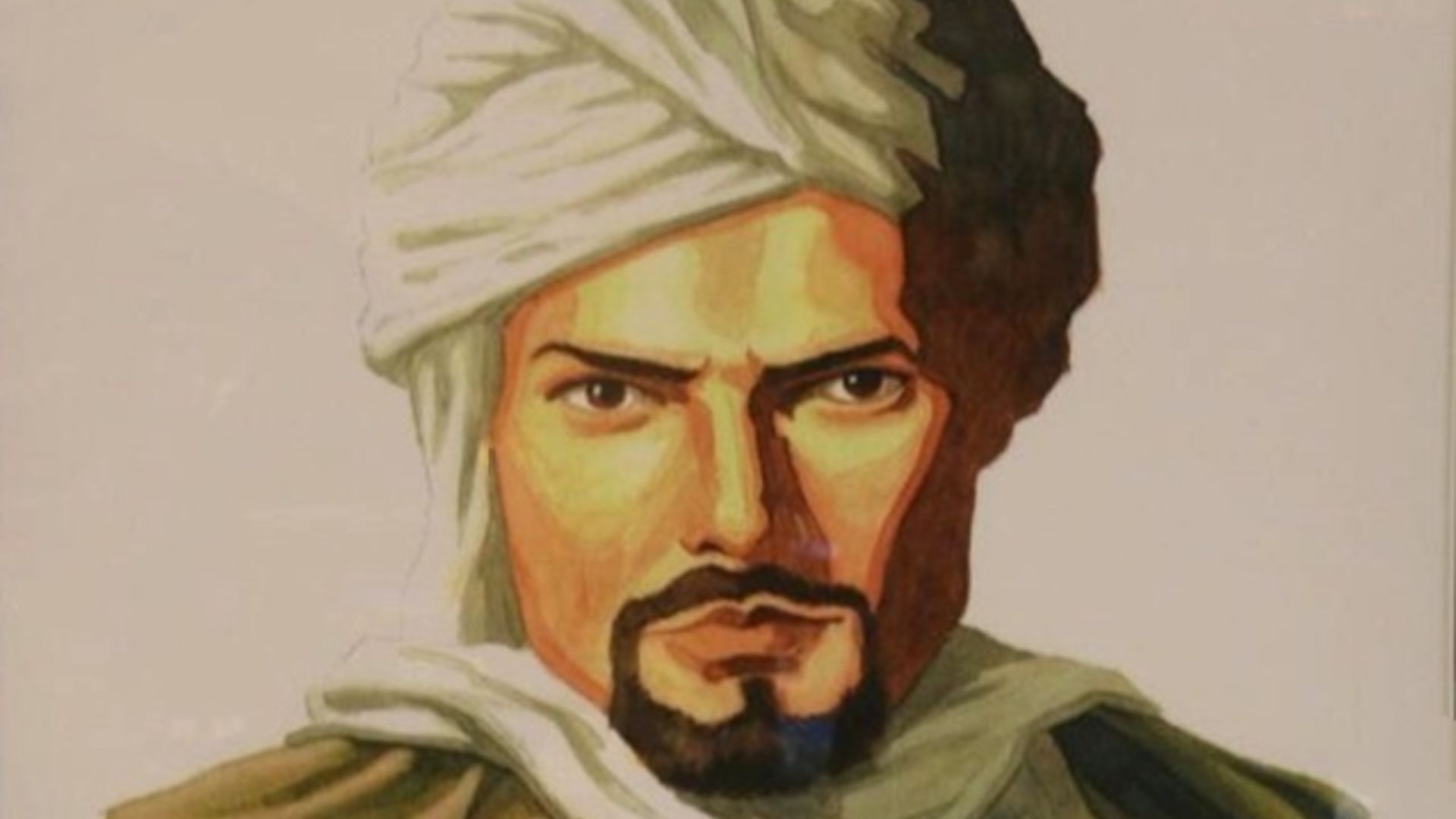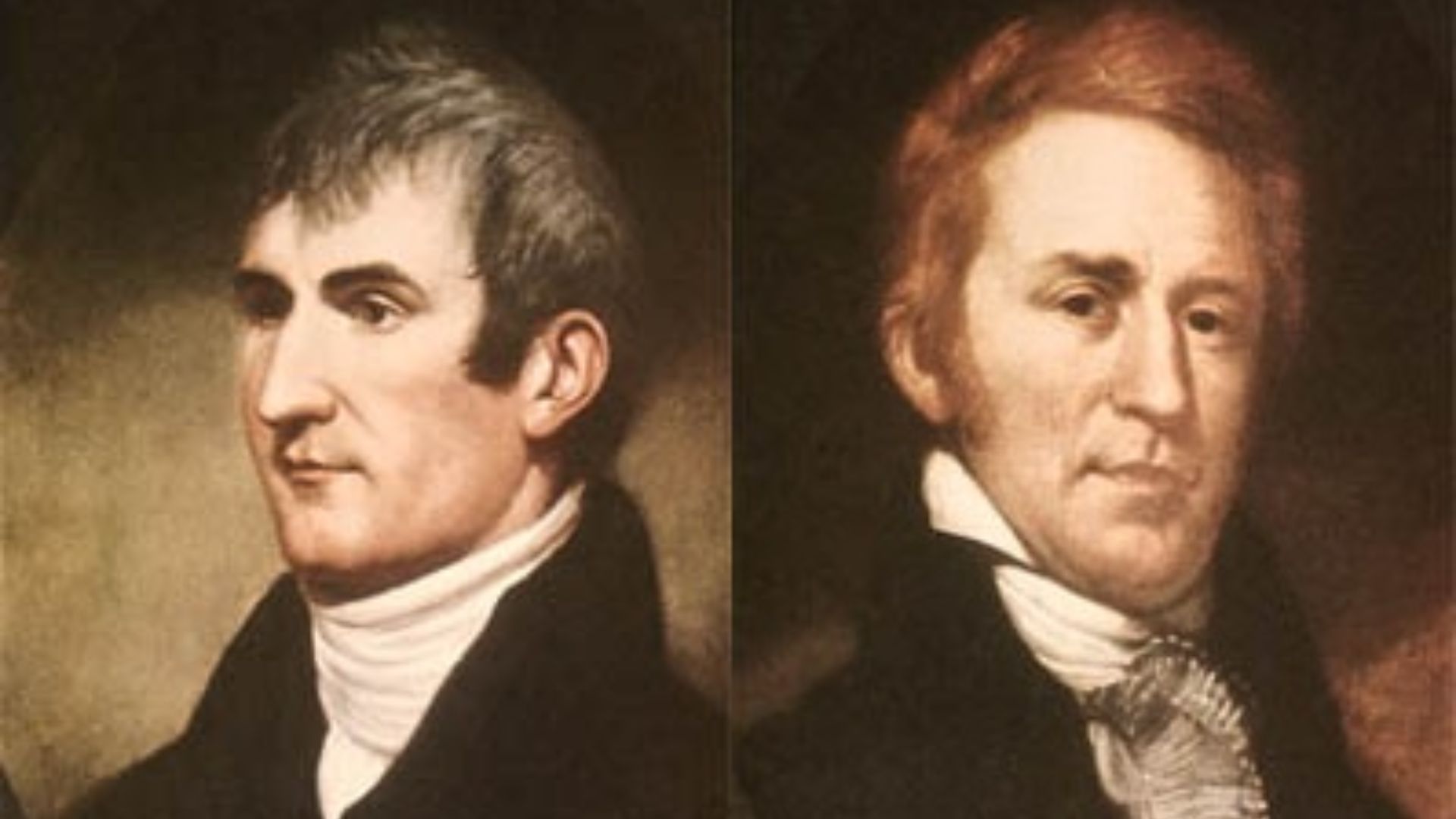Who Dared To Venture Into Uncharted Territory?
The ocean has long captivated humans, signifying adventure and glory, but few have actually dared to venture into the vast, unknown. The ones who did became instant legends, their lives sounding like the stuff of fiction. From the icy poles to tropical rivers, here are 20 legendary explorers who risked everything to map unknown territories, expanding humanity's knowledge of the globe, and reshaping history.
1. Marco Polo
Marco Polo isn't just a name we scream at the pool; he's one of the world's most famous explorers. He set off the China with his uncle and father at the age of 17 and brought back a comprehensive account of the Far East that introduced Europe to China and Central Asia.
2. Ferdinand Magellan
Ferdinand Magellan led the first-ever expedition to circumnavigate the globe, proving that the earth was much larger than people thought at the time and establishing important trade routes. He also discovered and sailed through the treacherous Strait of Magellan at the southern tip of South America.
3. James Cook
James Cook was a British Explorer known for his impressive precision and charting accuracy. He charted New Zealand, the east coast of Australia, Hawaii, and many Pacific islands, correcting many previous mistakes, and expanded human knowledge on flora, fauna, and indigenous cultures of the places he visited.
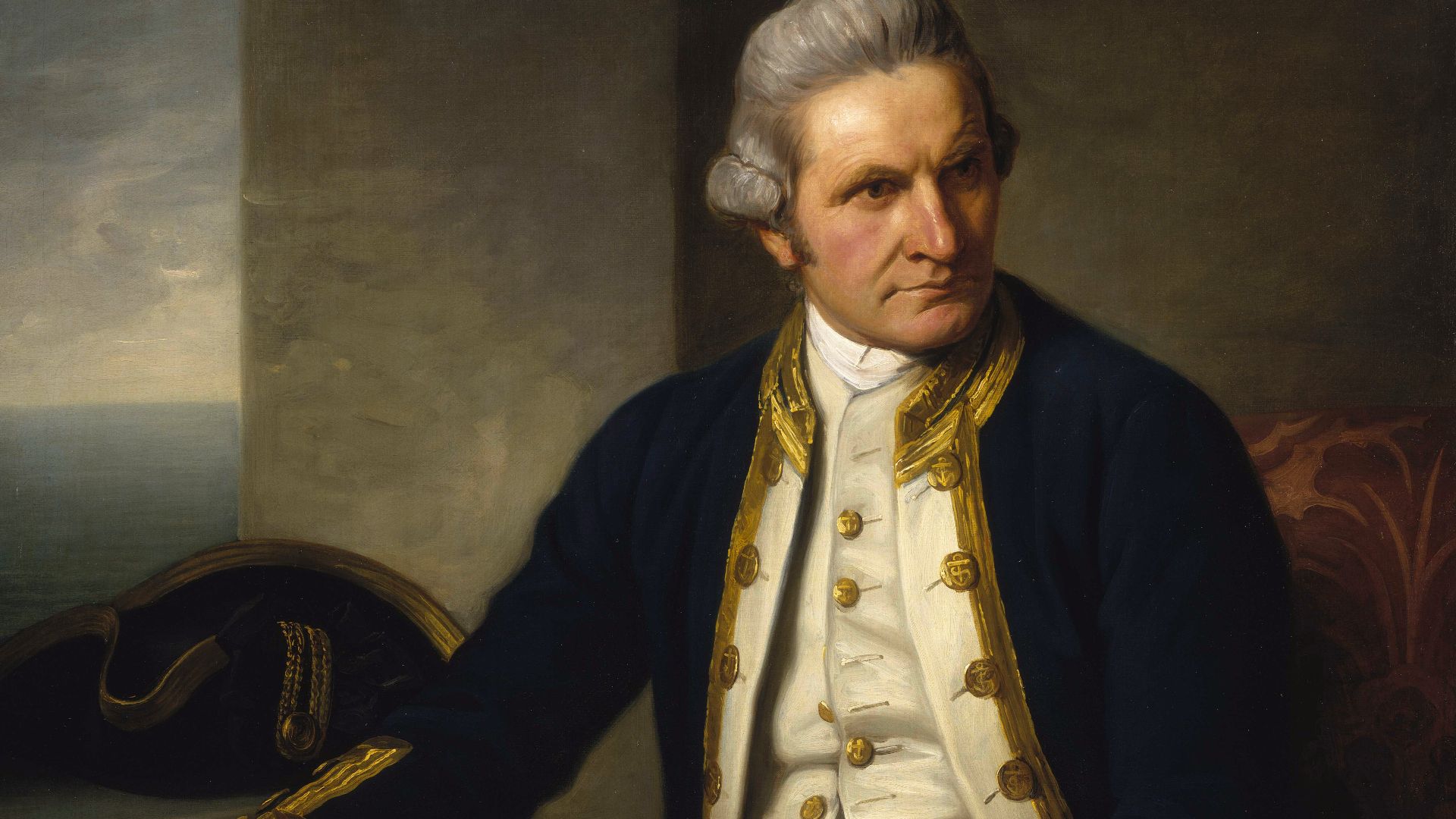 Nathaniel Dance-Holland on Wikimedia
Nathaniel Dance-Holland on Wikimedia
4. Roald Amundsen
Norway's Roald Amundsen was famous for his polar expeditions and for being the first person to reach the South Pole. He was known for learning survival techniques from the indigenous Arctic people, which helped him succeed.
5. Amerigo Vespucci
Amerigo Vespucci reshaped Europe's understanding of the world when he sailed along the coast of South America, mapping the region. He recognized the land Columbus reached was not Asia, but an entirely new world.
6. Christopher Columbus
Christopher Columbus's legacy may be full of controversy today due to his mistreatment of indigenous people, but there's no denying his achievements as an explorer. His 1492 voyage led to the discovery and colonization of the Americas, forever changing the world.
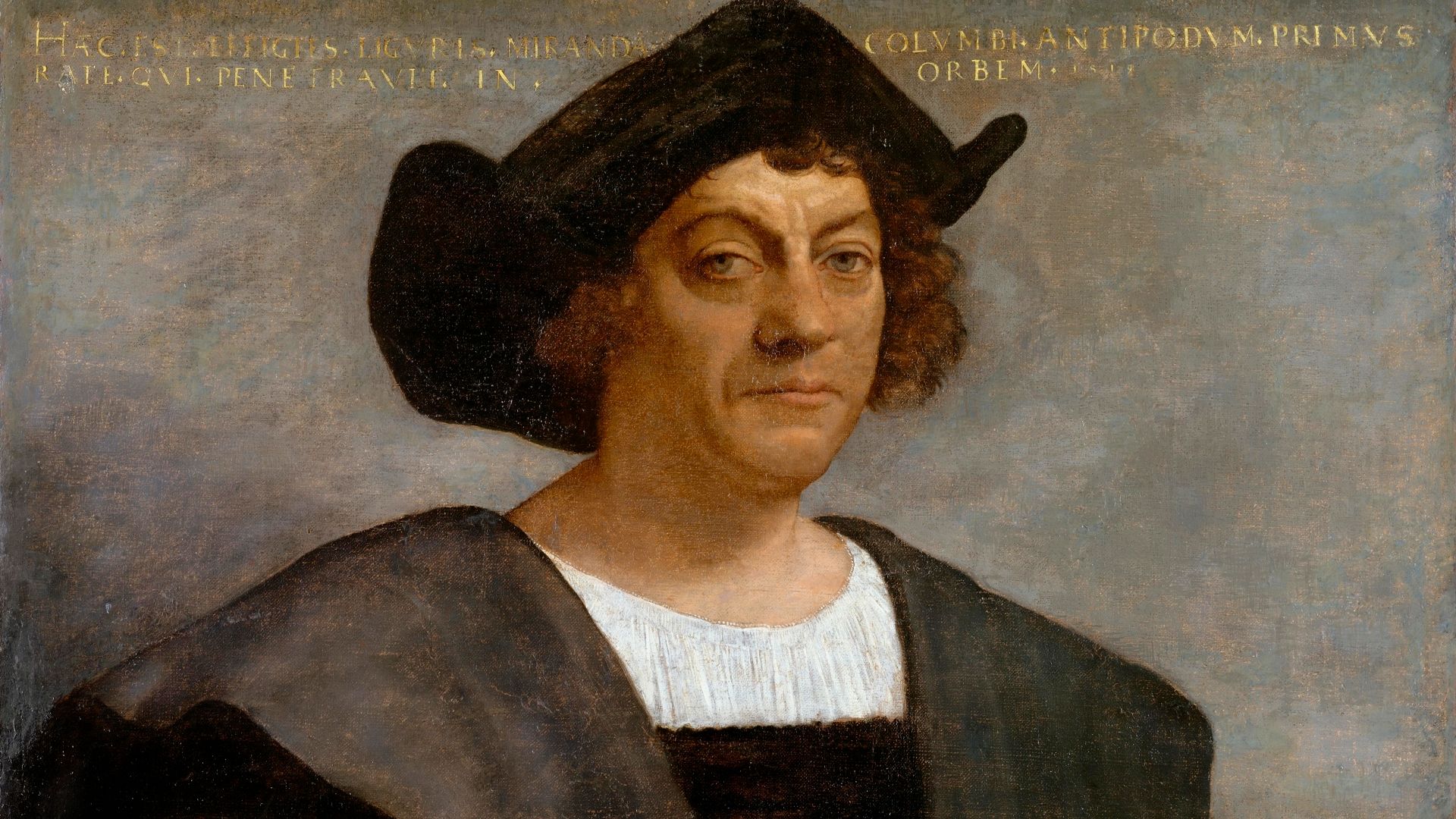 Sebastiano del Piombo on Wikimedia
Sebastiano del Piombo on Wikimedia
7. Hernán Cortés
Another explorer whose legacy is embroiled in controversy, Hernán Cortés is most famous for his brutal conquest of the Aztec Empire. This had devastating consequences for indigenous peoples, but permanently reshaped the Americas.
8. Francis Drake
An incredibly skilled navigator and sailor, Francis Drake became the first Brit to circumnavigate the globe. He also played a crucial role in defeating the Spanish Armada in 1588.
9. Leif Erikson
It's fairly well known nowadays that the first person to reach the Americas wasn't Christopher Columbus as previously thought, but the Viking Leif Erikson. He founded Norse settlements in Greenland and reached modern-day Newfoundland, Canada, where he established temporary settlements.
10. Henry Hudson
Henry Hudson was an English explorer famous for his search for a northern passage to Asia. Instead of finding a shorter passage, however, he made discoveries in North America, including the river and bay that now bear his name in New York and Canada.
11. Jacques Cartier
Jacques Cartier was a French explorer best known for his voyages to modern-day Canada. He charted the St. Lawrence River and navigated it inland. His voyages laid the foundation for French colonization of Canada, the influence of which is still seen in the culture today.
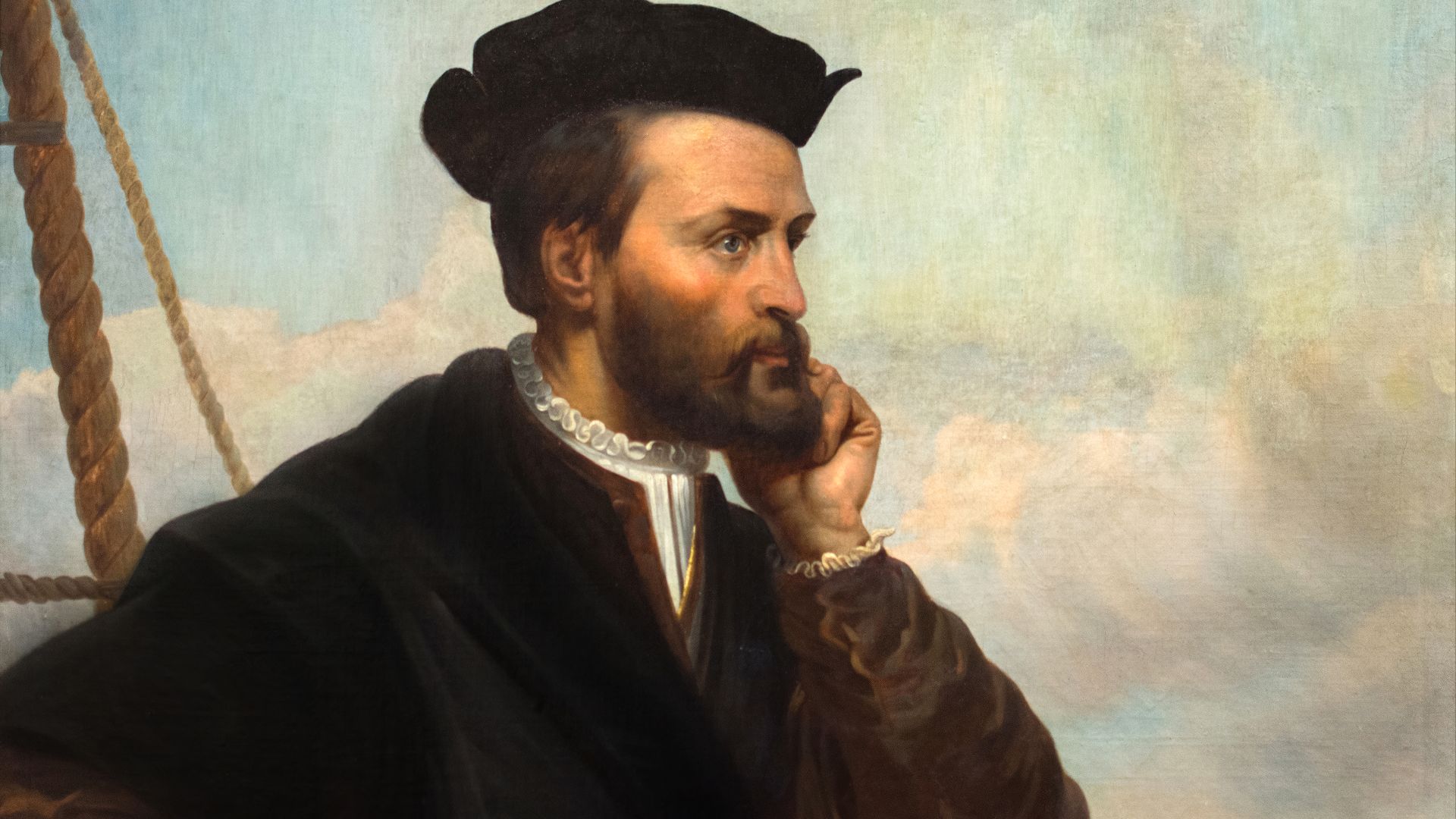 Théophile Hamel / After François Nicholas Riss on Wikimedia
Théophile Hamel / After François Nicholas Riss on Wikimedia
12. Sacagawea
Sacagawea was an indigenous woman who guided Lewis and Clark on their expedition through the western territories in North America. She acted as a translator, negotiator, and navigator, and played a crucial role in the voyage's success.
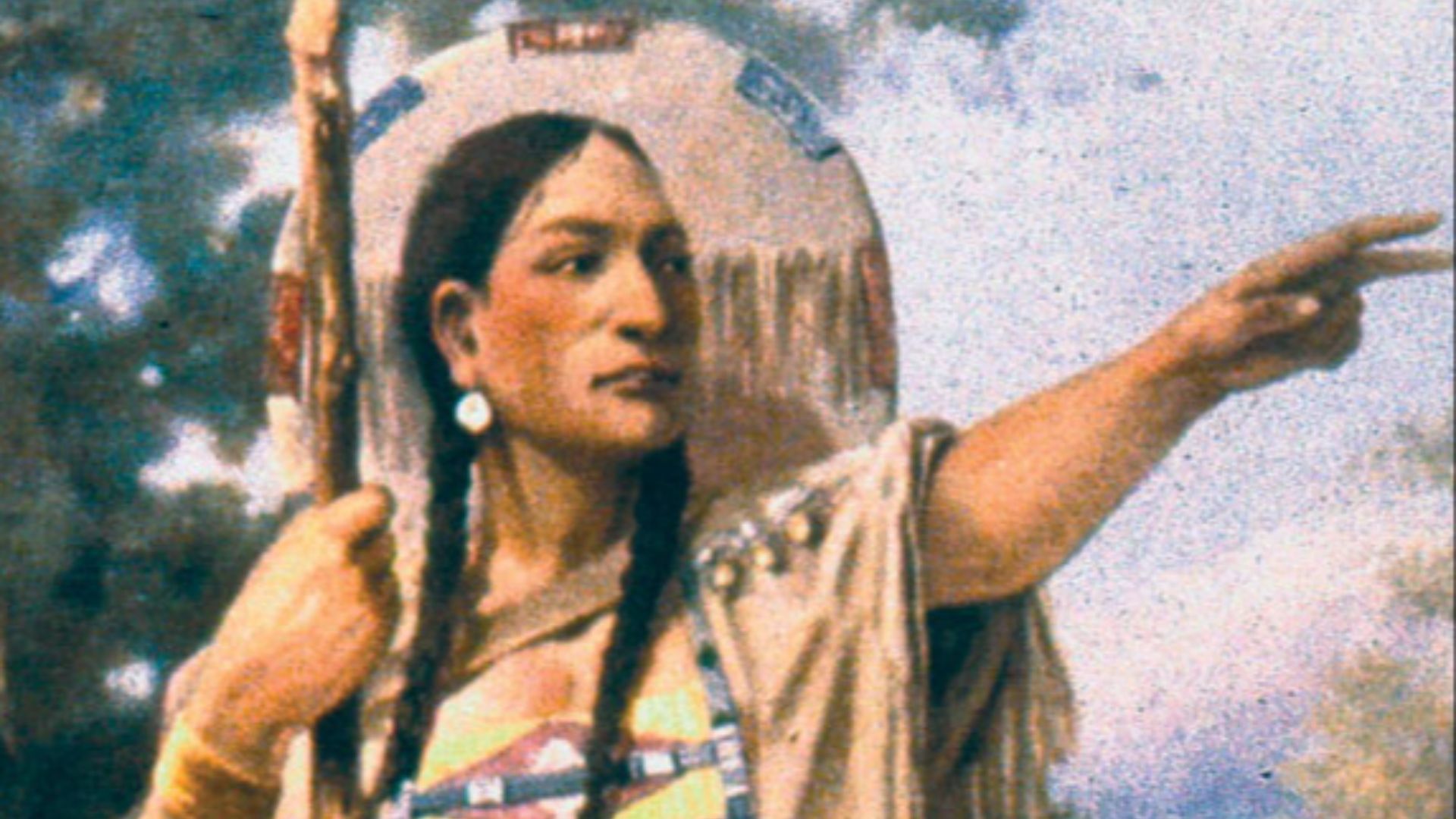 Edgar Samuel Paxson on Wikimedia
Edgar Samuel Paxson on Wikimedia
13. Vasco da Gama
Vasco da Gama was a Portuguese explorer famous for sailing around the Cape of Good Hope, opening a direct sea route from Europe to India. The route allowed Portugal to bypass middlemen in the Middle East, dominating the spice trade.
14. Francisco Pizarro
Francisco Pizarro was a Spanish sailor who explored the Pacific coast of South America. He captured Atahualpa, the Inca emperor, which caused the collapse of one of the most powerful civilizations in the Americas, leading to the Spanish colonization of Peru.
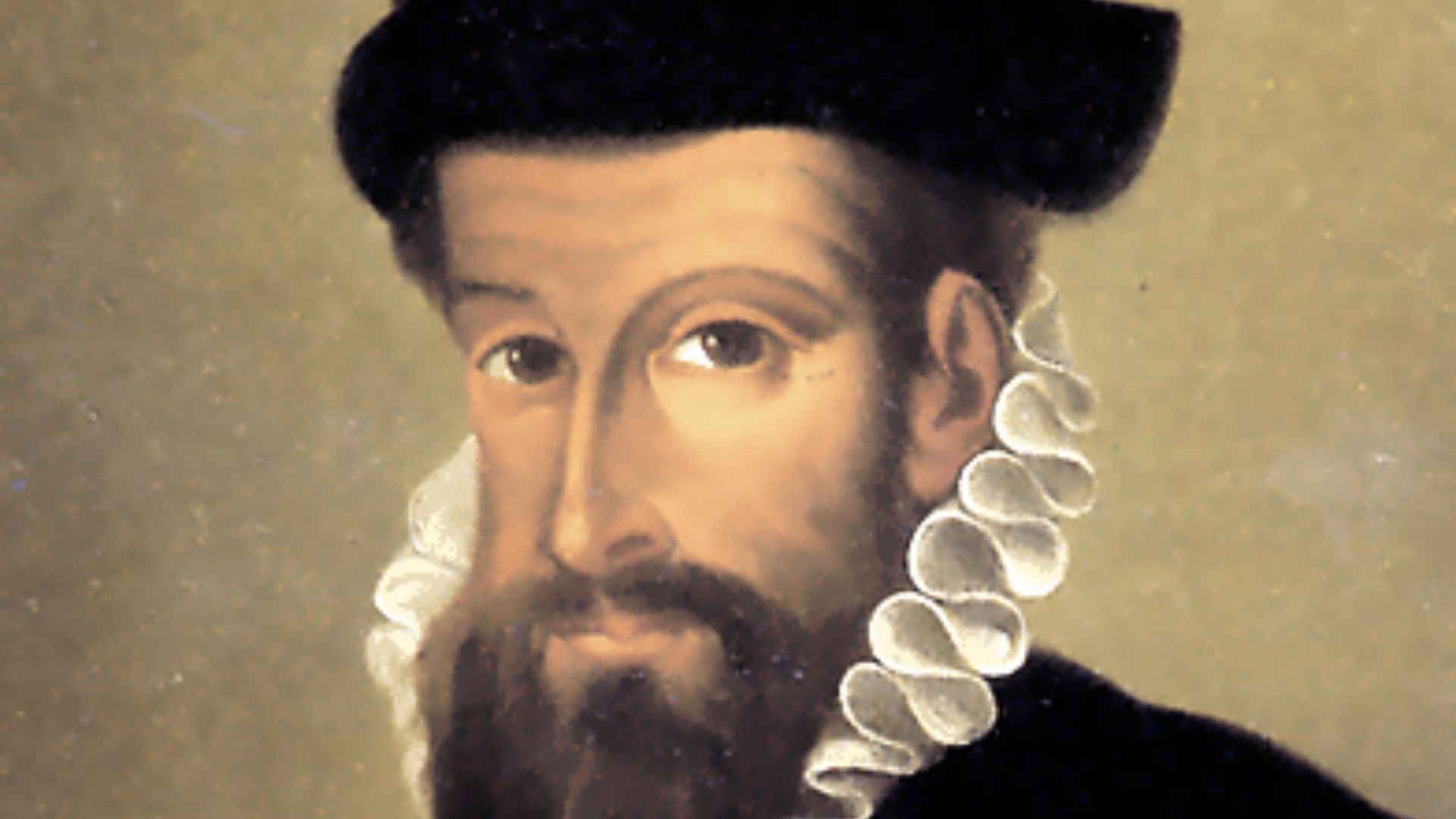 Unidentified painter on Wikimedia
Unidentified painter on Wikimedia
15. Zheng He
Zheng He was a Chinese explorer who led seven major expeditions reaching Southeast Asia, South Asia, the Middle East, and the east coast of Africa. He established key trade routes and demonstrated China's maritime capabilities and power, and expanded Chinese influence in the region.
16. Ibn Battuta
Ibn Battuta was a Moroccan explorer who traversed much of the known Islamic world and beyond, into India, Southeast Asia, and China, clocking over 75,000 miles in total. He documented his journeys in a book, providing a rich historical record.
17. Lewis and Clark
Famous for the Lewis and Clark Expedition of 1804, Meriwether Lewis and William Clark were American explorers tasked with mapping the western territories of the US. They charted unknown lands, established relationships with the indigenous people, and documented countless plants, animals, and landscapes, laying the ffoundationfor western expansion.
18. David Livingstone
David Livingstone was a Scottish explorer known for his decades-long voyage across southern and central Africa. He mapped rivers, mountains, and lakes that were previously unknown to Europeans. He was also a pioneering humanitarian who actively opposed the slave trade.
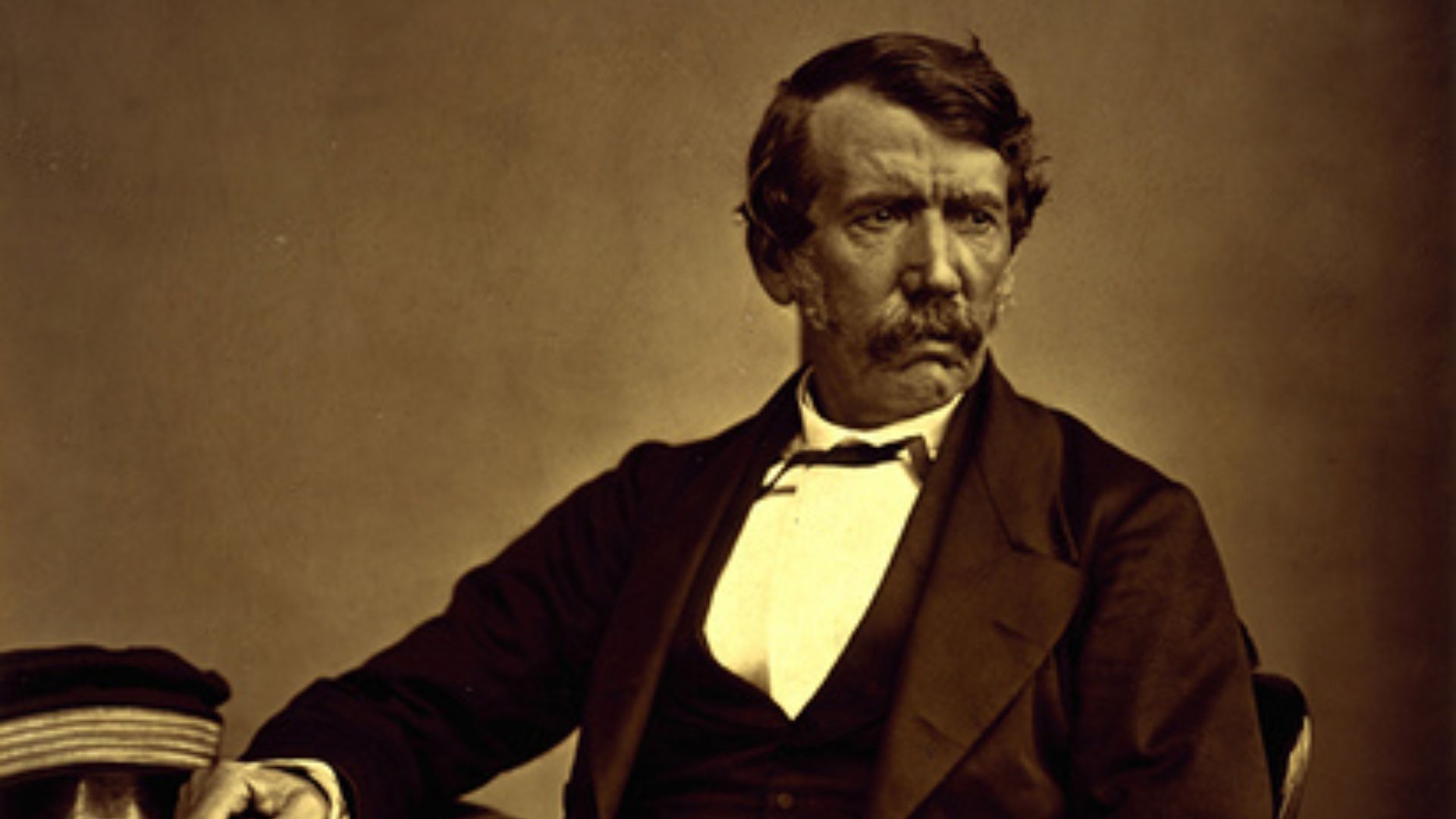 National Galleries of Scotland Commons on Wikimedia
National Galleries of Scotland Commons on Wikimedia
19. Henry Morton Stanley
Henry Morton Stanley was a Welsh explorer and journalist famous for his explorations in Africa and his search for the missing David Livingstone. Unfortunately, he worked for King Leopold II, playing a role in the infamous Belgian colonization of the Congo.
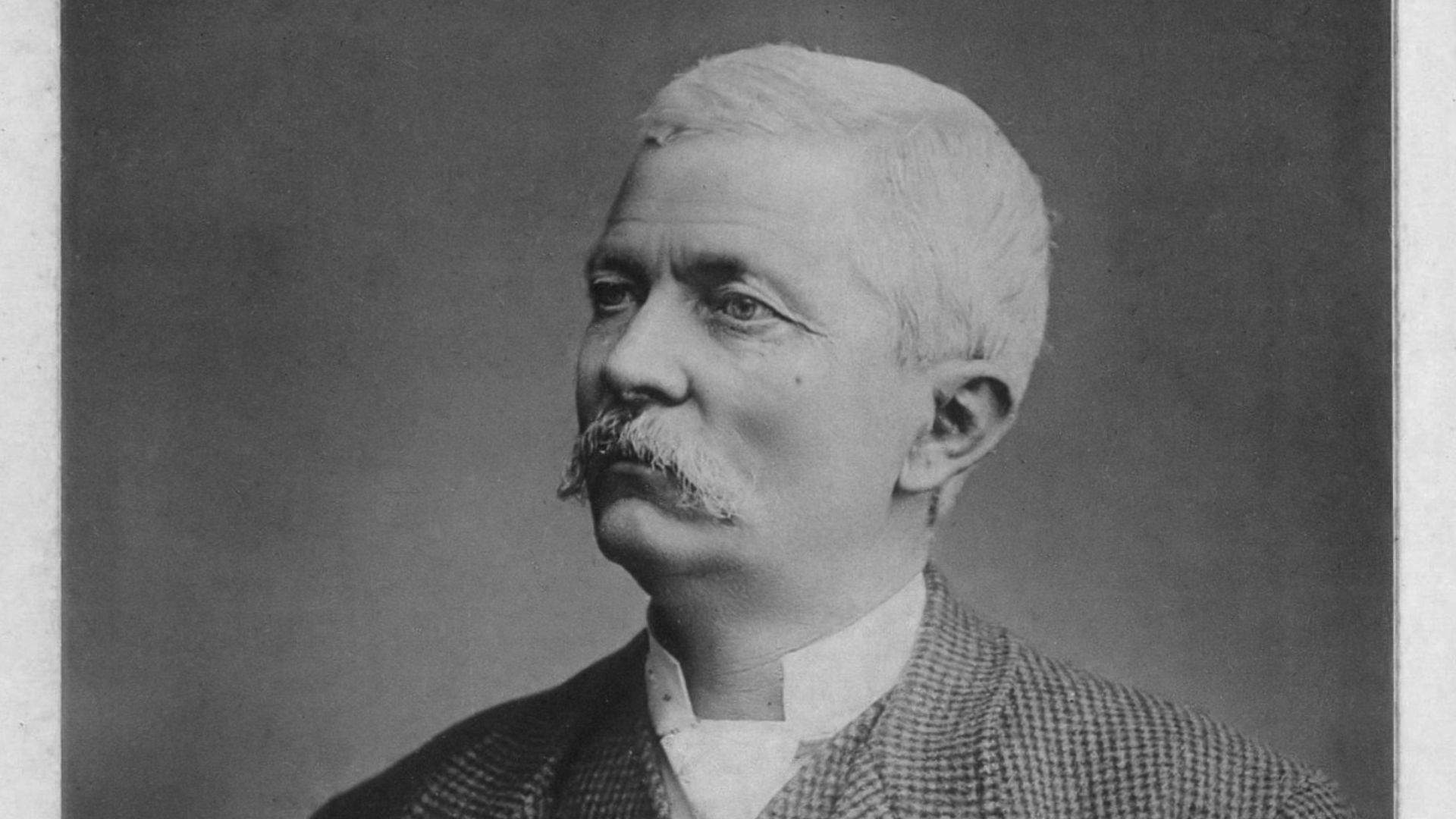 Stanisław Julian Ostroróg on Wikimedia
Stanisław Julian Ostroróg on Wikimedia
20. Robert Falcon Scott
Robert Falcon Scott was a famous polar explorer. He led two expeditions aiming to be the first to reach the South Pole, but when he arrived, he found that Roald Amundsen had beaten him to it by just over a month. Even so, his voyages left behind invaluable scientific records.
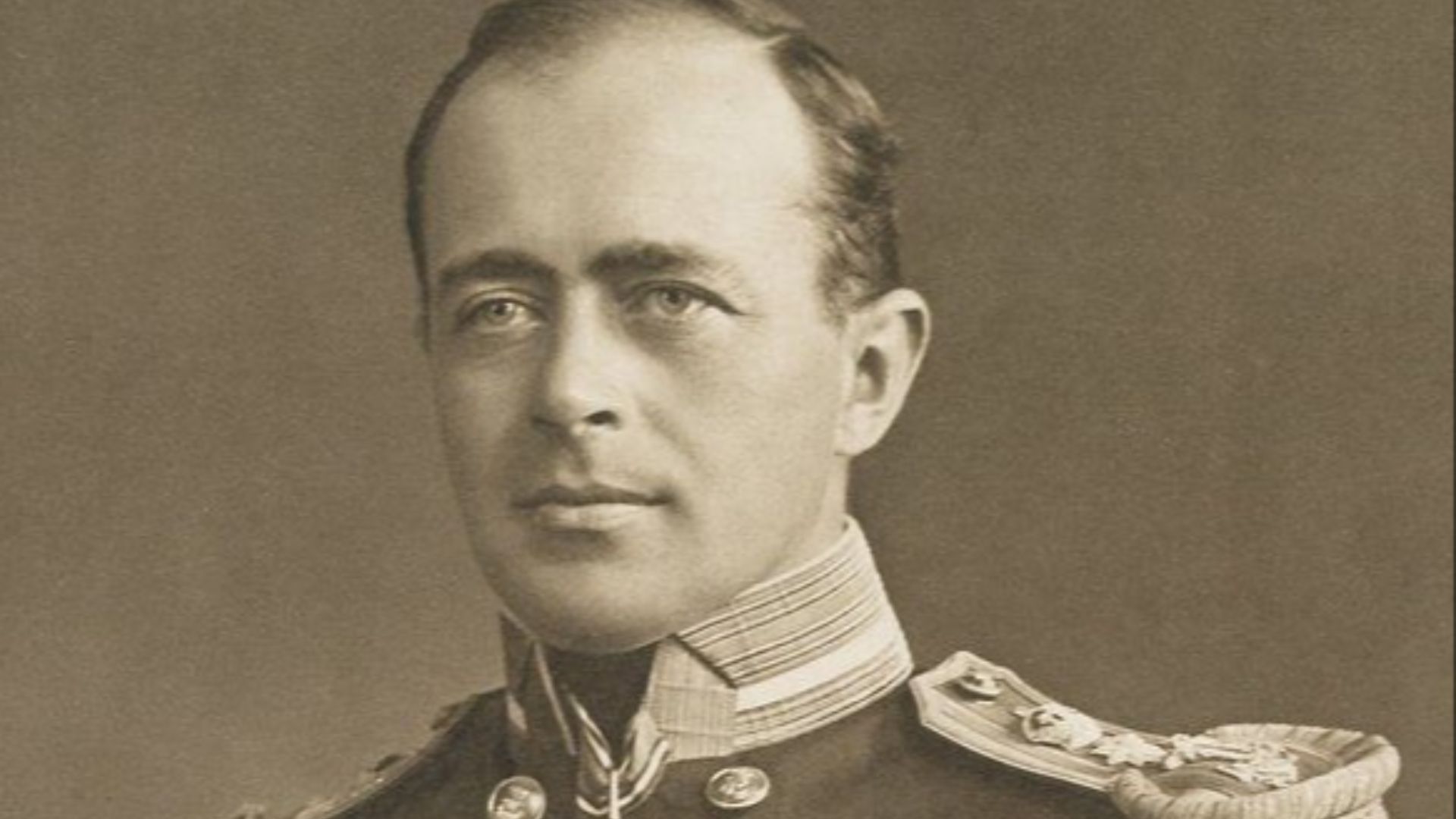 Henry Maull (1829–1914) and John Fox (1832–1907) on Wikimedia
Henry Maull (1829–1914) and John Fox (1832–1907) on Wikimedia
KEEP ON READING
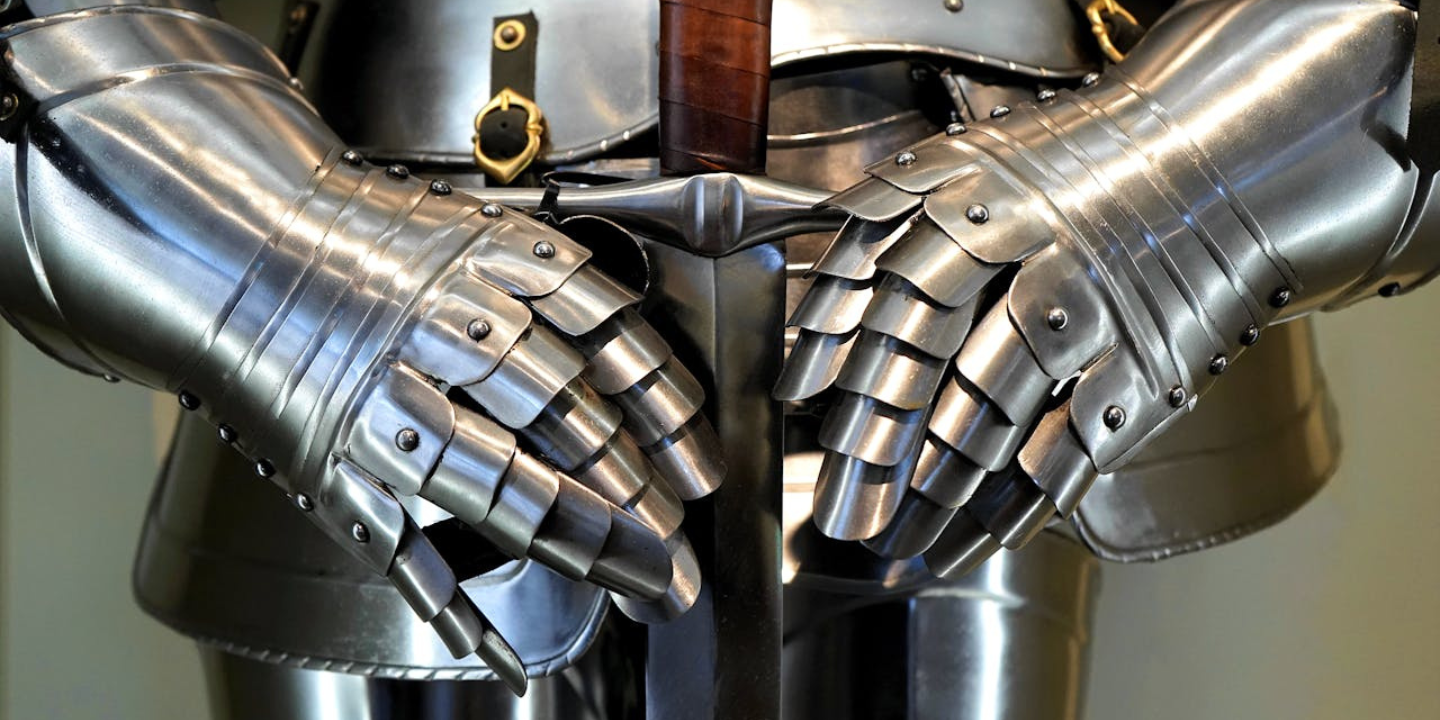
20 Common Misconceptions People Have About The Middle Ages
It’s Not All Knights and Shining Armor. Many people romanticize…
By Farva Ivkovic Nov 4, 2024
20 Powerful Ancient Egyptian Gods That Were Worshipped
Unique Religious Figures in Ancient Egypt. While most people are…
By Cathy Liu Nov 27, 2024
The 10 Scariest Dinosaurs From The Mesozoic Era & The…
The Largest Creatures To Roam The Earth. It can be…
By Cathy Liu Nov 28, 2024
The 20 Most Stunning Ancient Greek Landmarks
Ancient Greek Sites To Witness With Your Own Eyes. For…
By Cathy Liu Dec 2, 2024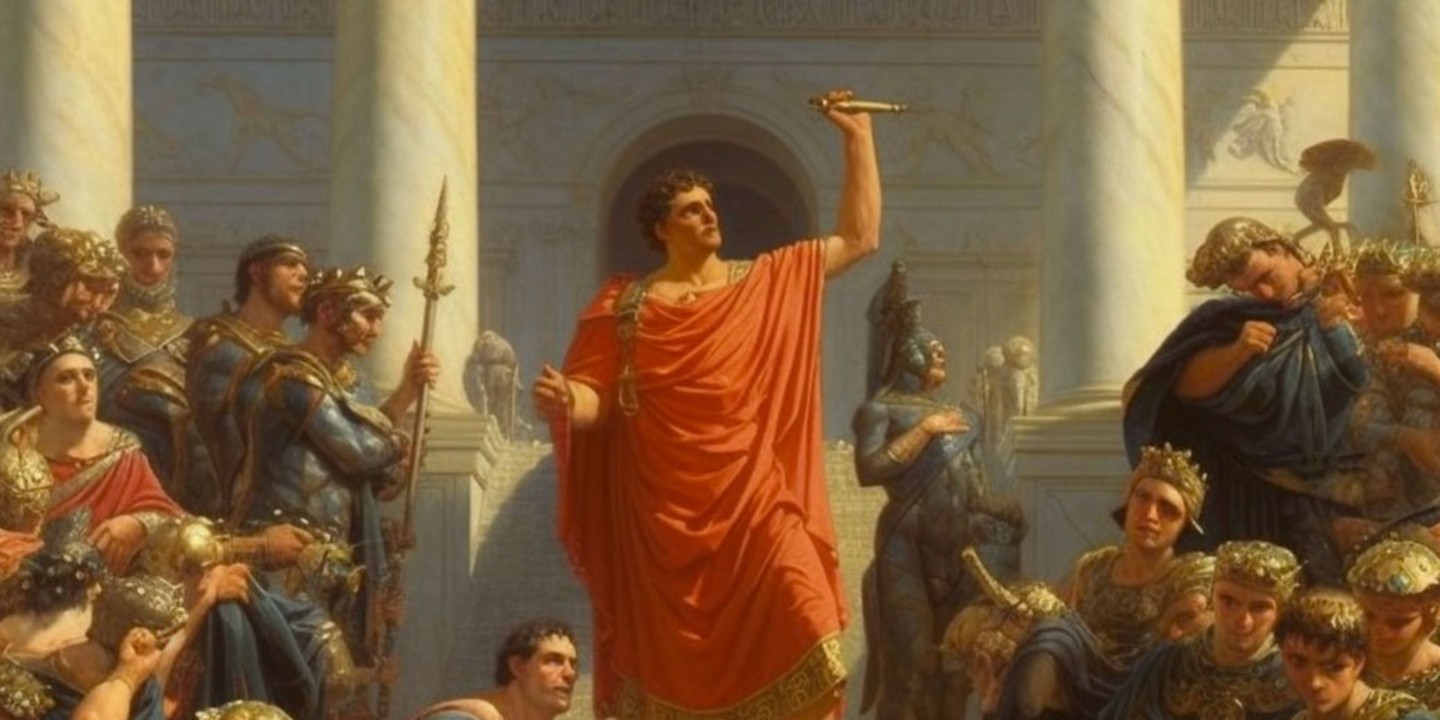
10 Historical Villains Who Weren't THAT Bad
Sometimes people end up getting a worse reputation than they…
By Robbie Woods Dec 3, 2024
One Tiny Mistake Exposed A $3 Billion Heist
While still in college, Jimmy Zhong discovered a loophole that…
By Robbie Woods Dec 3, 2024

